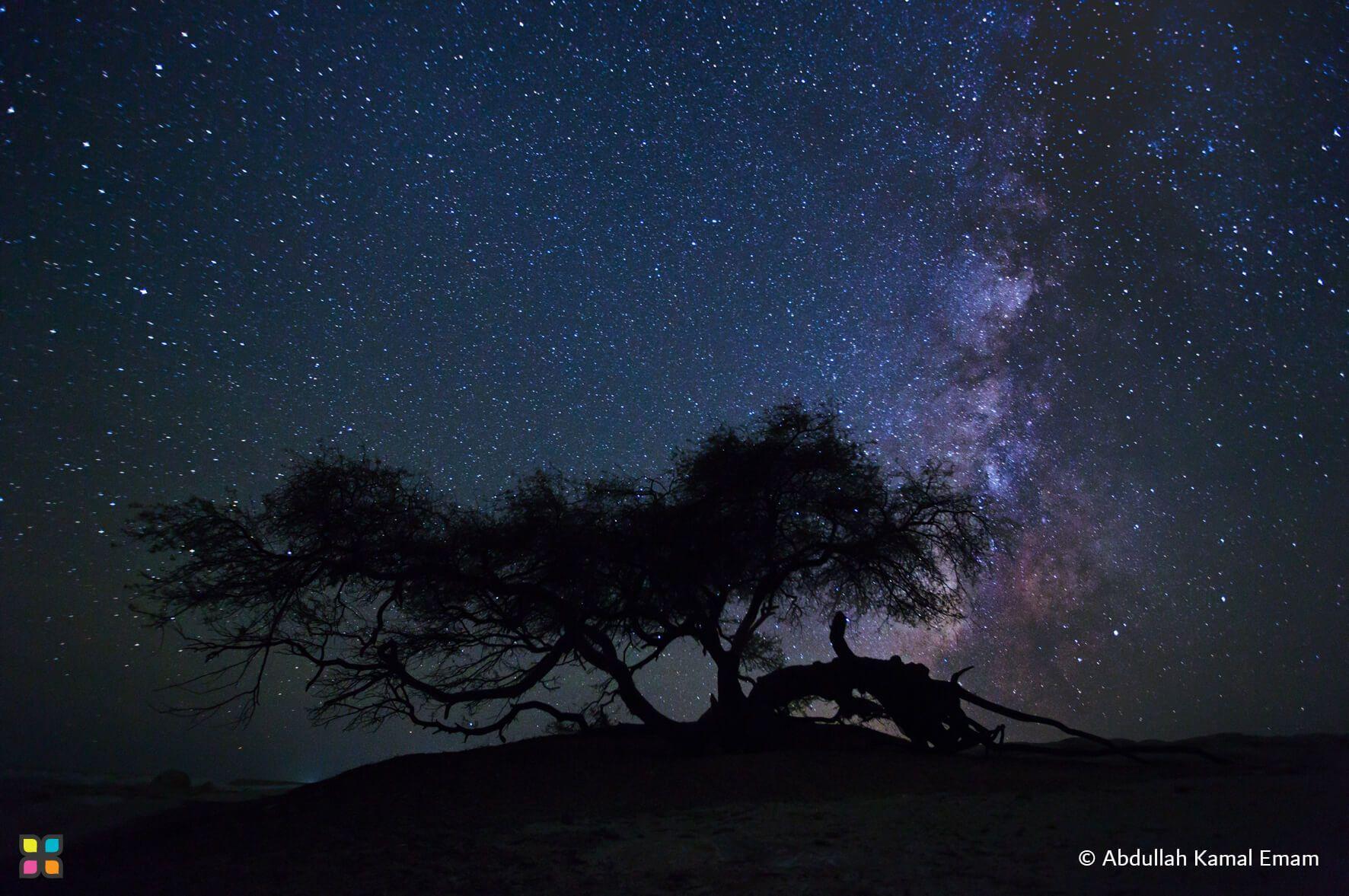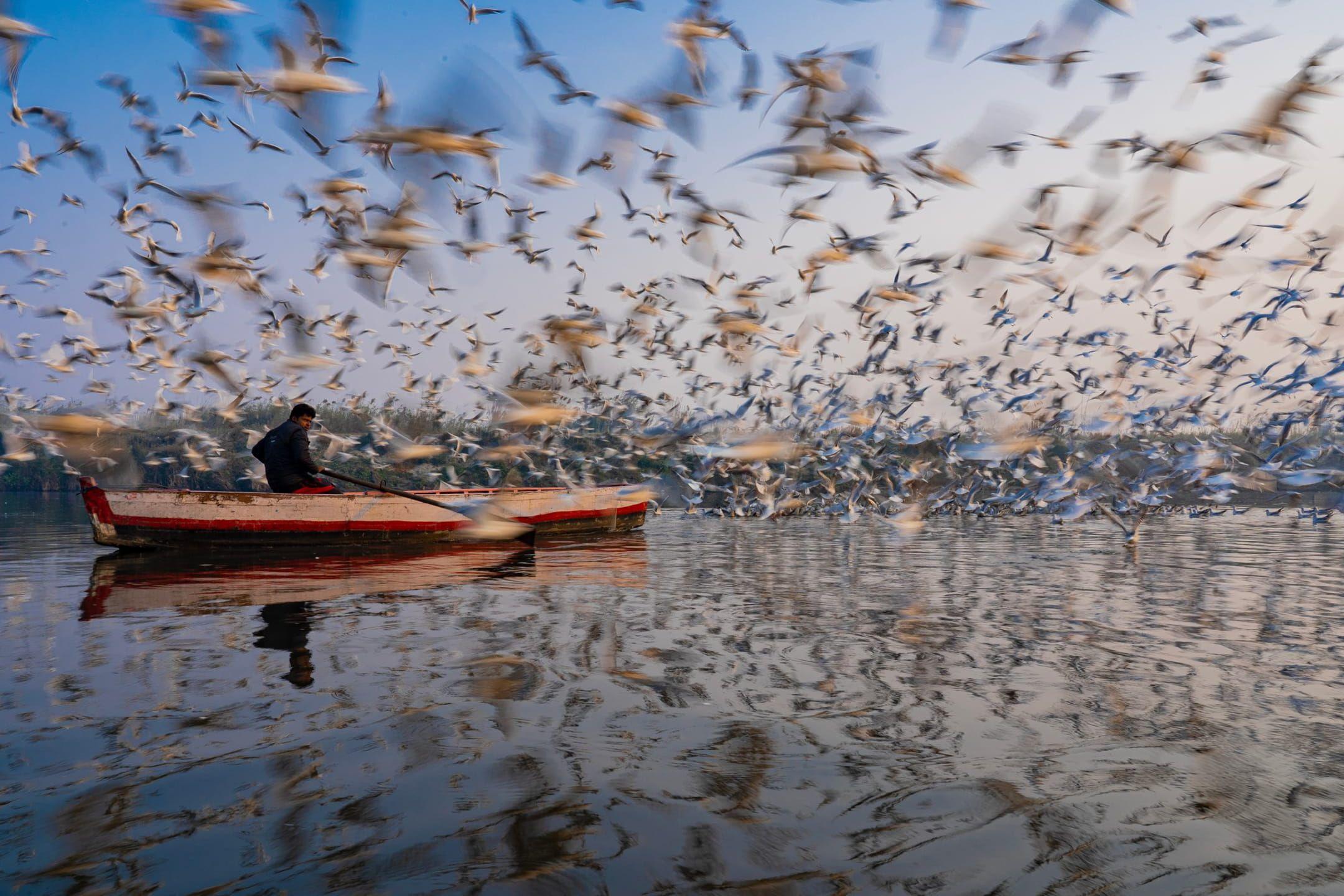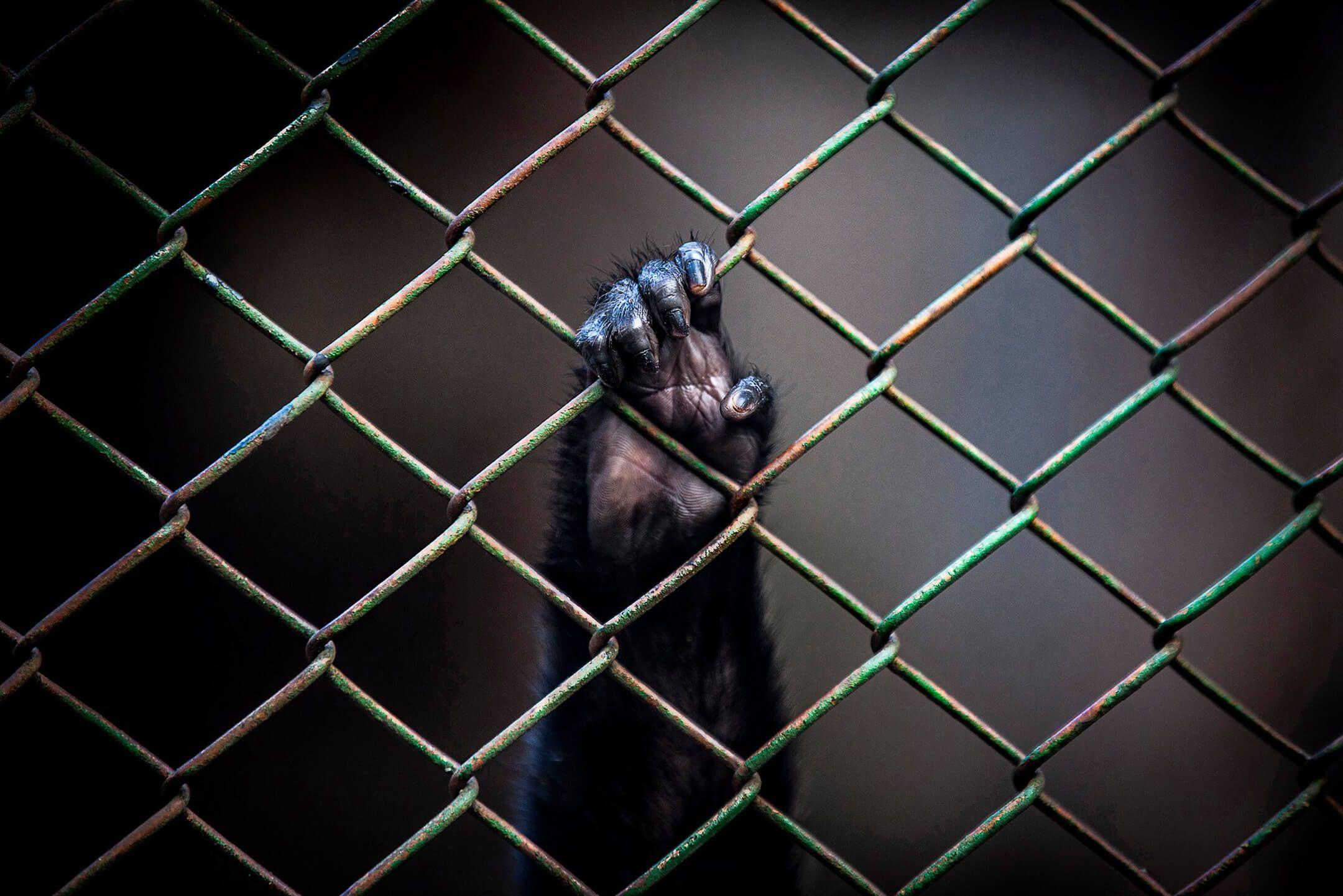Our planet’s wildlife must now contend with new landscapes that dot the globe – sprawling dumps of waste that are so large they can sometimes be seen from space. Vultures and other scavengers frequent these sites for food, and in the process, help clean up and protect both human and environmental health.
Their meals draw from the over one-third of all food produced for human consumption that is lost or wasted, while more than 700 million people went hungry in 2023. Food loss and waste also account for a percentage of carbon emissions, contributing to the climate crisis. These dumps also leave workers more than 1.7 times likely to develop common health disorders, and cause diseases for scavengers as they ingest toxic chemicals and pharmaceuticals.
This International Day of Awareness of Food Loss and Waste, we invite you to consider the rhythms of your own home. Why not transform food waste into fertile compost to help your plants flourish, reduce emissions, and protect our planet?
This award-winning photograph is from the seventh season, “The Moment”, of the Hamdan bin Mohamed bin Rashid al Maktoum International Photography Award (HIPA) Archive. The Climate Tribe has partnered with HIPA, leveraging the power of photography to inspire global awareness of sustainability and advance climate action.
Most Popular
The Climate Tribe delivers stories about Biodiversity and Conservation, Circular Economy, Food and Water , and how they intersect with climate.
Subscribe
Get the latest stories inspiring climate action around the globe straight to your inbox.







